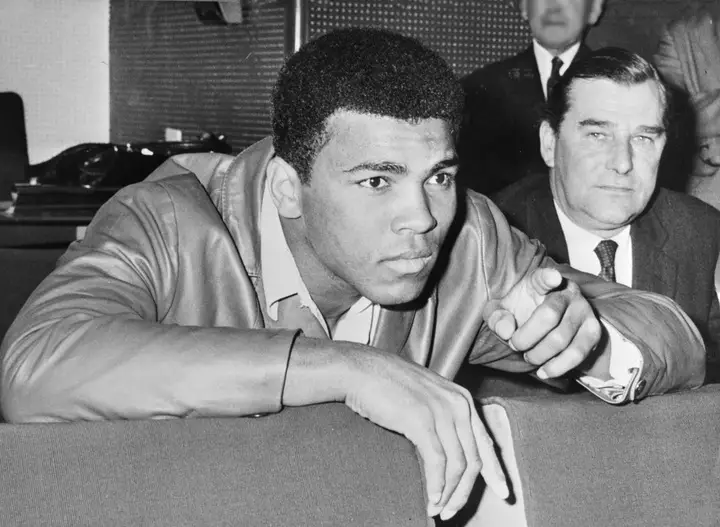Fifty years have passed since the legendary bout known as the “Rumble in the Jungle” unfolded in Zaire, a clash that pitted two heavyweight titans, Muhammad Ali and George Foreman, against one another. As we commemorate this monumental fight, the echoes of nostalgia resonate not just among those who witnessed it live, but also with new generations who have since come to understand its significance. The bout was not just a fight; it was an event that transcended the sport, capturing the imaginations of millions and embedding itself in the annals of sporting history.
In October 1974, Ali entered the ring against Foreman, a formidable opponent who boasted an intimidating record of 40-0 (37 knockouts). The odds were stacked against Ali, who, at 32, was considered long past his prime. Foreman’s thunderous punches and raw physicality painted him as an unstoppable force, even to many who had long revered Ali’s charisma and skill. The narrative leading up to the match was rife with skepticism, with many fearing for Ali’s safety rather than envisioning victory.
Ali’s historic win did not come through brute strength, but rather through strategic acumen and psychological warfare. His trainer, Angelo Dundee, believed wholeheartedly in Ali’s capabilities, asserting that the fighter would devise a plan to triumph over “Big George.” The fight plan, however, was not one anyone could have easily anticipated: Ali chose to lean against the ropes, inviting Foreman to expend his energy while he absorbed the hits.
This unconventional approach, described by Ali himself as “a beautiful thing for a heavyweight,” allowed him to outlast his opponent. The method was derived not from a desire to sustain punishment, but from a calculated strategy to let Foreman wear himself out. By the time the eighth round approached, Foreman was visibly fatigued, and Ali seized the opportunity to launch a ruthless offensive that ultimately led to a knockout victory.
This fight demonstrated not merely physical superiority but highlighted the mental resilience required to overcome obstacles. Ali embodied a blend of finesse, psychological manipulation, and tactical brilliance, outsmarting a competitor who was physically stronger. As Dundee later recalled in discussions about the fight, he believed this victory stood as a testament to Ali’s boxing intellect.
Even decades later, the legends surrounding the Rumble in the Jungle continue to flourish, with various myths that have become part of its narrative. One of the most enduring tales is the so-called “loosened ropes” myth, which has often been misconstrued. In reality, Dundee’s efforts to tighten the ropes before the match were rendered ineffective by the oppressive Zaire heat, creating an unintended yet critical aspect of Ali’s strategy. The raised ring played a significant role in the match dynamics; Dundee had expressed concerns that Foreman’s powerful punches could potentially carry Ali out of the ring and into oblivion.
Moreover, while many remember Ali’s victory over Foreman, few recognize the struggle that predated that fight – a history of past defeats that colored the atmosphere leading into this tremendous showdown. Ali had tasted defeat before, at the hands of foreboding adversaries such as Joe Frazier and Ken Norton—boxers who were dismissed by Foreman almost without effort. For this reason, revisiting the emotional and psychological landscape of the time is as essential as recounting the fight itself.
As we celebrate the legacy of the Rumble in the Jungle, it is essential to acknowledge what this event represented: hope, resilience, and the indomitable human spirit. Ali’s victory over Foreman was far more than a boxing match; it was a cultural phenomenon that served as a rallying point for a generation grappling with complex social issues, including race and identity. Ali’s triumph united fans from diverse backgrounds, showcasing the universality of sports in fostering community and shared experience.
As we remember the fight and its legacy, let us also pay homage to the figures who made it possible, like Angelo Dundee, who tirelessly believed in his fighter. Today, this iconic fight is more than a nostalgic memory; it is a vivid testament to the endless possibilities that emerge when skill, strategy, and human tenacity converge, leaving an indelible mark on the sports world and society at large.

